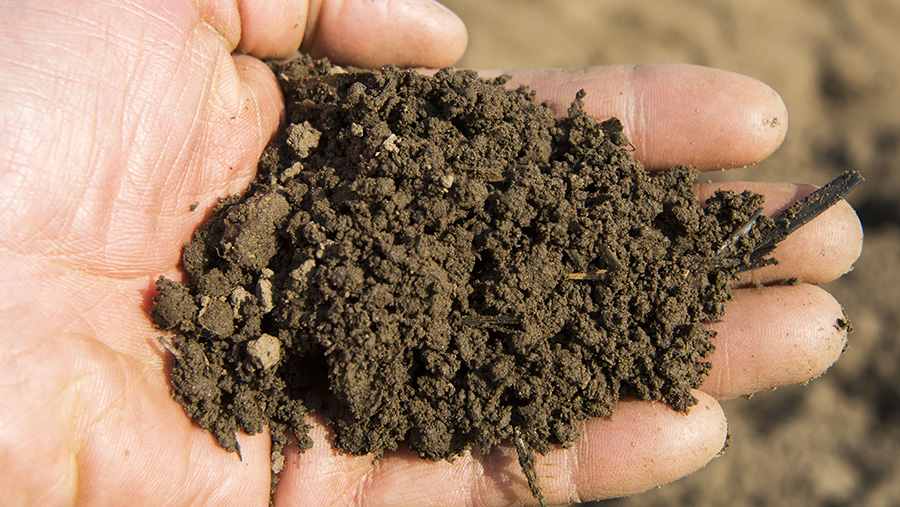Adopt agroecology ‘to protect yields and biodiversity’
 © Design Pics Inc/REX/Shutterstock
© Design Pics Inc/REX/Shutterstock Poor returns, high pest and disease pressure and soil fertility decline are strong reasons to adopt agroecology practices on farm.
These were some of the key messages outlined by 21 speakers at the first “Agricology” open day, held at Daylesford Organic Farm, near Kingham, Gloucestershire.
As the name suggests, Agricology is all about championing good farming practices, from organic farming and integrated conventional farming, to help farmers increase margins while maintaining biodiversity.
See also: Organic techniques can help conventional growers increase margins
Using Agricology as an information-sharing platform, farmers can get help to address issues such as animal and plant disease, pest management, soil degradation, environmental damage, rising costs and dipping yields.
Some 140 farmers, landowners and advisers travelled from as far as Cornwall and Galloway to attend the first Agricology open day, held on 28 June.

Agricology open day
The aim of the on-farm event was to bring agroecology to life, encourage the exchange of practical information and experiences from all farming approaches, as well as showcasing examples of the excellent farmer-led innovation and research currently being hosted on Agricology.
Farmers picked up handy tips on what they could do to grow oilseed rape with less reliance on neonicotinoids; crop rotations; the benefits of cover crops in the rotation; integrated pest management and agroforestry.
Visitors boarded trailers and were taken through the beef, sheep, poultry, cereals, leys, wildlife habitats and food production facilities at Daylesford. This was followed by an explanation of fruit, vegetable and salad production and an overview of the farmshop operations at the farm.
Best of both worlds
Andrew Burgess, director of Produce World Group, one of the largest vegetable growers in Europe, growing in excess of 8,100ha (20,000 acres), told listeners how organic practices can successfully be combined with conventional agriculture.
He outlined the successes of his large-scale vegetable-growing business that now employs more than 500 people.
“Science has always played a strong part in my decision-making, whether that be understanding a pest or disease lifecycle to reduce risk or the efficacy and risk of resorting to an artificial input,” said Mr Burgess, who has a keen interest in soils and sits on the board of trustees of Linking Environment and Food (Leaf) as well as various other Soil Association commitees.
“In agriculture we are facing huge challenges, poor returns and political uncertainty and I am very pleased to support this initiative and stand here as both a Leaf and an organic farmer and to show that the sensible way forward is to use the best of both worlds.”
Nic Lampkin from the Organic Research Centre said: “Agroecology is about using ecology to manage farming systems in a more environmentally sensitive way as well as making good business sense.”
‘One-stop service’
Farmers had struggled for years to share information on good farming practices, concluded Prof Lampkin, adding that the Agricology service finally offered access to good advice and information in one place.
Host farmer Richard Smith, senior farms manager at Daylesford and chairman of the Agricology steering group, said: “There is a rapidly growing band of farmers who are finding Agricology an invaluable and comprehensive information resource.
“It was apparent that those attending took home some valuable ideas for their own businesses. We hope this will be the first of many open days and we look forward to offering similar events in other parts of the country in the future.”
